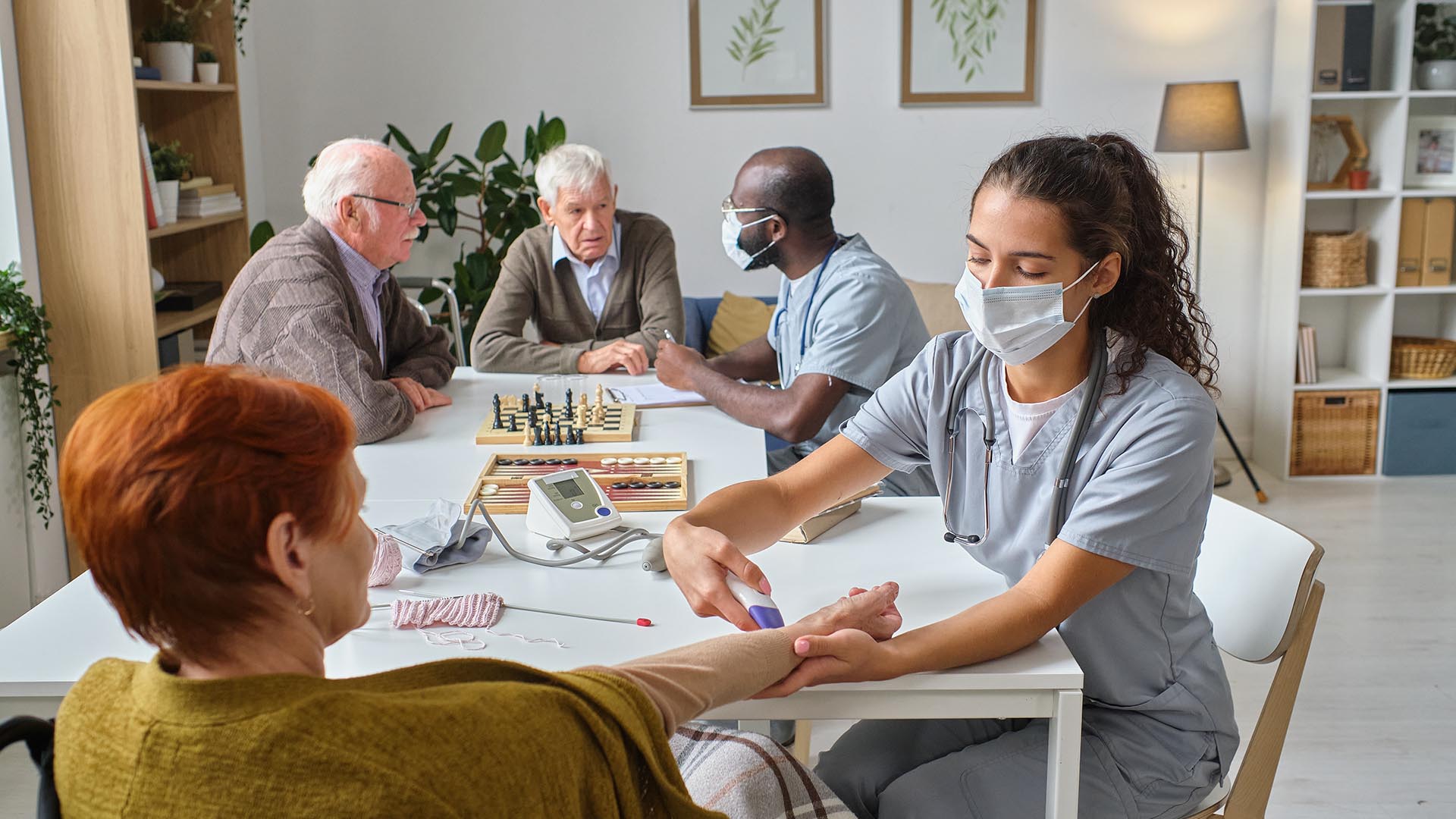Enhancing Compliance and Quality in Nursing Homes

Recent updates from the Centers for Medicare & Medicaid Services (CMS) outline significant revisions to long-term care surveyor guidance. These changes aim to ensure that nursing homes prioritize resident health, safety, and quality of care while addressing emerging trends in compliance. For nursing homes, these updates represent an opportunity to strengthen operational practices and align with best-in-class standards of care.
Key Areas of Revised Guidance
Admission, Transfer, and Discharge Policies
CMS has clarified key aspects of admission, transfer, and discharge procedures to reduce noncompliance and ensure residents’ rights are upheld. Admission agreements can no longer include third-party payment guarantees, and new citations—F627 and F628—address inappropriate transfers and discharges. By understanding these updates, nursing homes can refine processes to better support residents during transitions.
Medication Management
Updates to medication management emphasize preventing unnecessary use of psychotropic medications. Revisions to F605 and F758 integrate stricter controls on chemical restraints and stress the need for resident participation in treatment decisions. By prioritizing informed consent and individualized care plans, facilities can uphold resident rights while optimizing therapeutic outcomes.
Professional Standards
Medical directors now face enhanced responsibilities under updated guidelines. These include ensuring adherence to facility care policies, overseeing physician compliance, and addressing gaps in documentation for antipsychotic prescriptions. Nursing homes must incorporate these standards into staff training and quality assurance initiatives to maintain regulatory compliance.
Infection Prevention and Control
The integration of Enhanced Barrier Precautions for multidrug-resistant organisms reflects the ongoing commitment to infection prevention. Nursing homes must adopt these updated protocols to protect residents from emerging threats while complying with revised standards. This includes rigorous adherence to established best practices and updated training for staff.
Focus on Resident Rights and Quality of Life
Promoting resident-centered care remains a cornerstone of CMS guidance. Nursing homes must emphasize dignity, autonomy, and respect in daily interactions. Key practices include involving residents and their representatives in care planning, honoring personal preferences, and ensuring privacy in all aspects of care delivery. Such measures not only improve compliance but also enhance residents’ overall quality of life.
Incorporating Health Equity
CMS has introduced new requirements for addressing health equity in Quality Assurance and Performance Improvement (QAPI) programs. Facilities are encouraged to:
- Monitor outcomes across sub-populations.
- Analyze factors such as race, socioeconomic status, and language barriers.
- Integrate these insights into strategies that promote equitable care.
By proactively addressing disparities, nursing homes can better meet the needs of all residents and foster a more inclusive care environment.
Compliance with Physical Environment Standards
Revised standards for physical environments now allow newly constructed facilities to meet room and bathroom requirements without major renovations. Nursing homes should review these updates to ensure their facilities provide safe, comfortable, and accommodating environments for residents. Compliance with these standards reflects a commitment to creating spaces that support health, safety, and independence.
Training and Resources for Nursing Homes
To support these changes, CMS offers robust training resources through its Quality, Safety, and Education Portal (QSEP). Nursing homes can access educational materials on the updated guidance, revised Critical Element Pathways, and survey process software. Continuous staff training is crucial for maintaining compliance and improving care outcomes.
Preparing for Implementation
The updated guidance takes effect on February 24, 2025, giving nursing homes time to align their practices. Facilities are encouraged to:
- Conduct internal audits to identify gaps in current policies.
- Update staff training programs.
- Engage with QAPI activities to ensure readiness for compliance assessments.
Proactive measures will not only facilitate a smooth transition but also position facilities as leaders in quality care.
The revised CMS guidance underscores the importance of compliance in safeguarding resident well-being. By focusing on areas such as medication management, infection control, and health equity, nursing homes can enhance care quality while meeting regulatory requirements. Leveraging available resources and prioritizing continuous improvement will enable facilities to thrive in this evolving landscape.
Subscribe to the Qsource Blog
Get emailed articles, guides, and updates.



